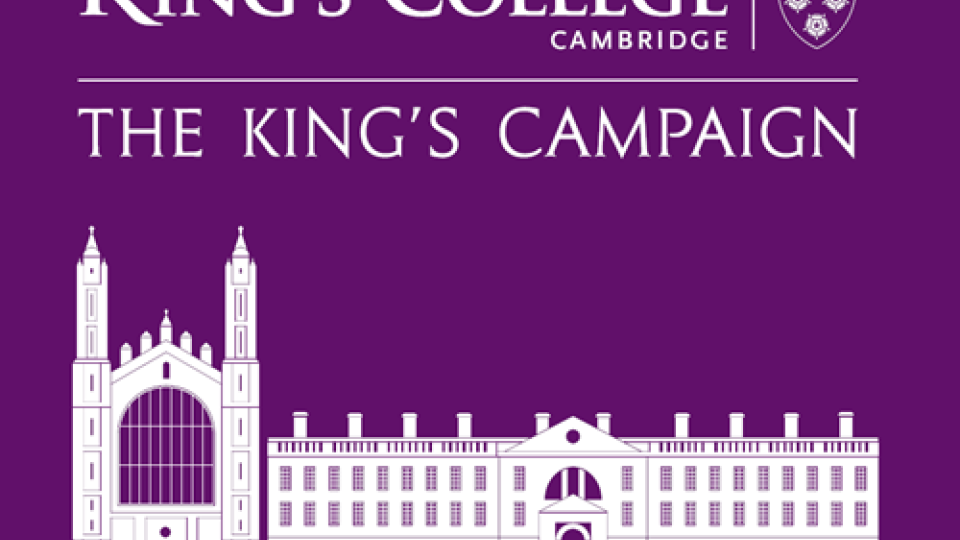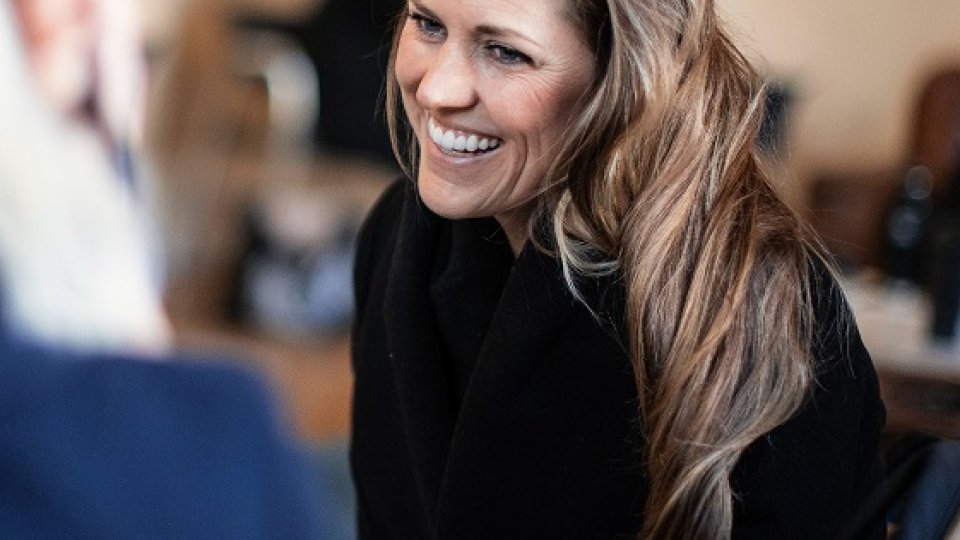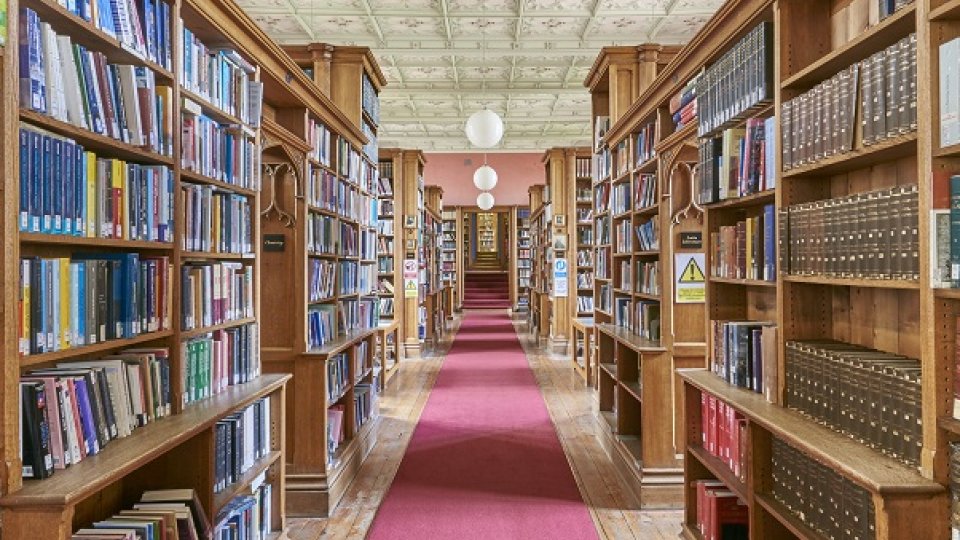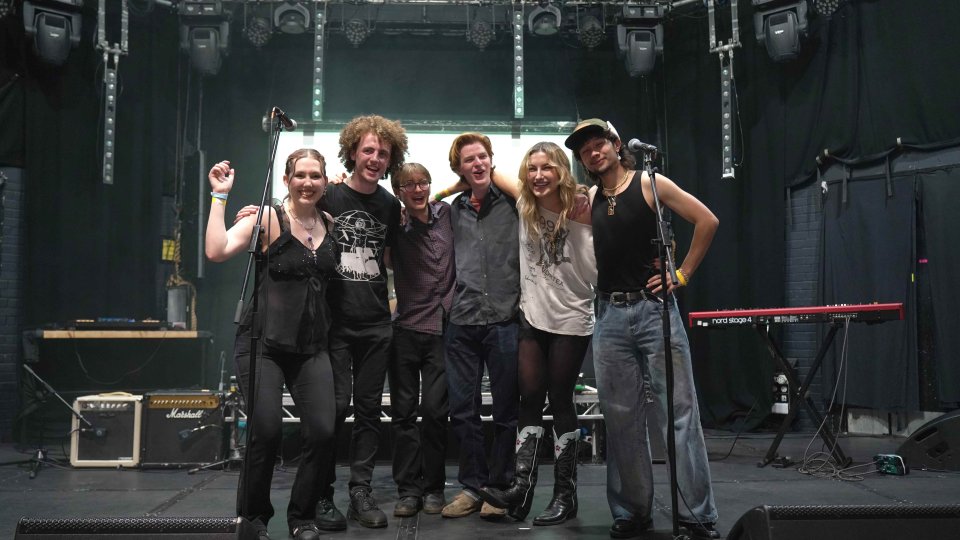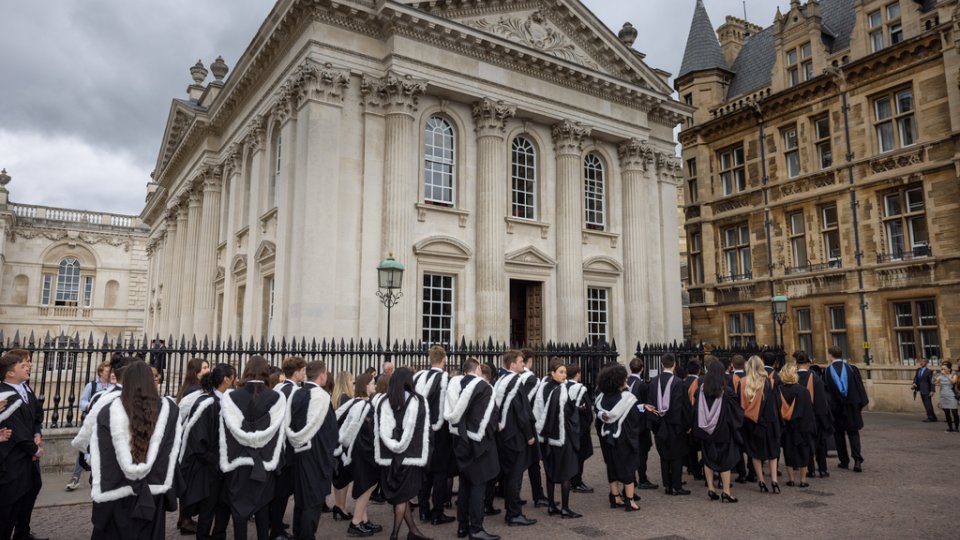King's not only welcomes brilliant and enquiring students, but also nurtures the young academics and teachers of the future – providing time, space and the right environment for our brightest young thinkers to flourish.
Funding in this area helps maintain the supervision system, the great strength of the teaching system at Cambridge, while allowing academics of all levels to produce world-class research alongside their teaching commitments.
To me King’s was one long, invigorating conversation
Zadie Smith (KC 1994)
